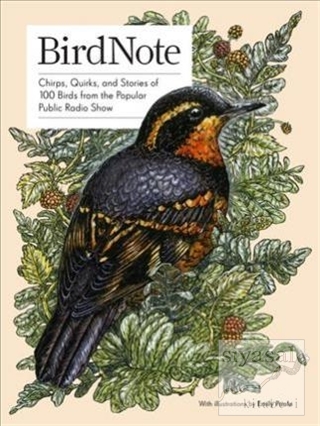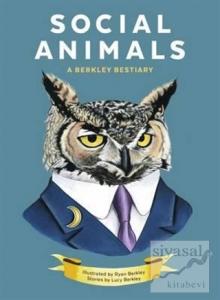
One hundred entertaining and informative essays from the popular public radio feature program, BirdNote, accompanied by original illustrations throughout--an illuminating volume for bird and nature lovers across North America. Here are the best stories about our avian friends from the public radio show BirdNote, each brief essay illuminating the life, habits, or songs of a particular bird. Why do geese fly in a V-formation? Why are worms so good for you--if you're a robin? Which bird calls, "Who cooks for you? Who cooks for you-all?" From wrens that nest in cactuses to gulls that have a strange red dot on their bills--these digestible and fascinating bird stories are a delightful window to the winged world. A foreword by John W. Fitzpatrick, director of the Cornell Lab of Ornithology, and an introduction by Gordon Orians, professor emeritus of biology at the University of Washington, are also included.
One hundred entertaining and informative essays from the popular public radio feature program, BirdNote, accompanied by original illustrations throughout--an illuminating volume for bird and nature lovers across North America. Here are the best stories about our avian friends from the public radio show BirdNote, each brief essay illuminating the life, habits, or songs of a particular bird. Why do geese fly in a V-formation? Why are worms so good for you--if you're a robin? Which bird calls, "Who cooks for you? Who cooks for you-all?" From wrens that nest in cactuses to gulls that have a strange red dot on their bills--these digestible and fascinating bird stories are a delightful window to the winged world. A foreword by John W. Fitzpatrick, director of the Cornell Lab of Ornithology, and an introduction by Gordon Orians, professor emeritus of biology at the University of Washington, are also included.















